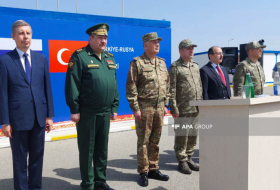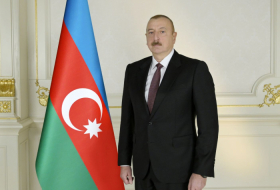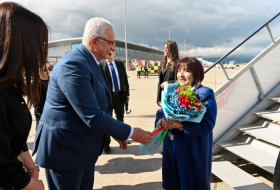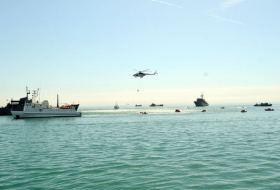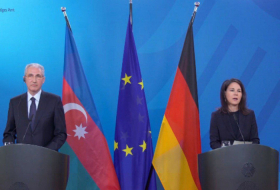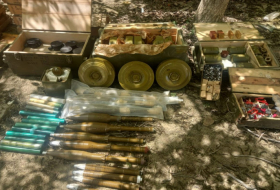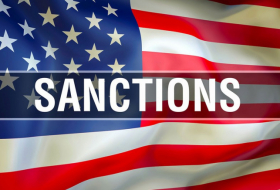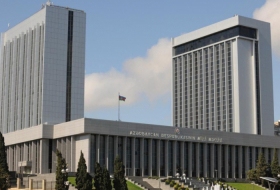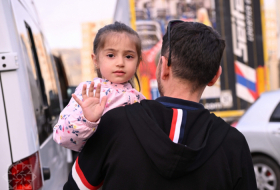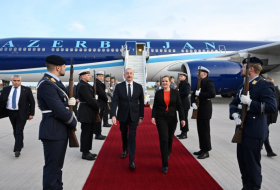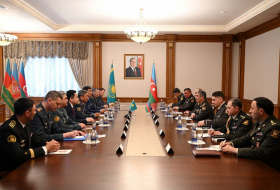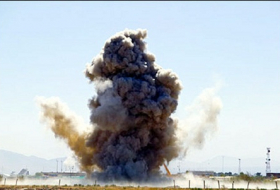Karadzic faces Bosnia war crimes verdict in The Hague
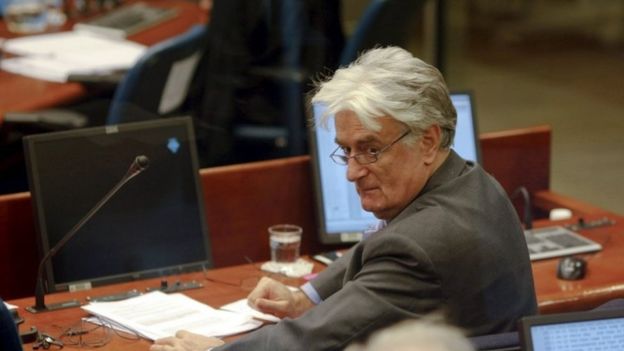
His case is being seen as one of the most important war crimes trials since World War Two.
He denies the charges and has told the court he expects to be acquitted.
Mr Karadzic argues that any atrocities committed were the actions of rogue individuals, not the forces under his command.
He faces 11 separate charges, including genocide, extermination, forced removal, and crimes against humanity.
His trial, in which he has represented himself, has lasted eight years.
At least 100,000 people died during fighting in the the Bosnian war. The conflict lasted nearly four years before a US-brokered peace deal brought it to an end in 1995.
Gen Ratko Mladic, who commanded Bosnian Serb forces, is also awaiting verdict at The Hague.
Radovan Karadzic is accused of presiding over a reign of terror in Bosnia that lasted 1,000 days.
The prosecution`s most difficult task has been to draw a direct line of culpability from the men who committed crimes on the ground to Mr Karadzic in person, the BBC`s Allan Little reports.
He is being tried by a war crimes court established by a UN Security Council resolution in 1993.
Nearly 12,000 died in the Bosnian city of Sarajevo in a daily bombardment that apparently targeted civilians deliberately by mortar and artillery fire as well as by snipers hidden in blocks of flats.
Mr Karadzic is also accused of orchestrating a campaign known as "ethnic cleansing" of non-Serbs from the territory of the breakaway Bosnian Serb republic.
From April 1992 onwards, in northern and eastern Bosnia especially, Bosnian Serb forces carried out a campaign of forced removals. in which hundreds of thousands of non-Serbs were driven from their homes which were often torched or dynamited.
Our correspondent says that Bosnian Serb political and military leaders were absolutely open in their determination to dismember Bosnia.
They saw it as an illegitimate state and an affront to the sovereignty of the Serbian nation, he says.
The campaign of ethnic cleansing culminated, in July 1995, in the massacre at Srebrenica in eastern Bosnia.
The enclave had been besieged by Bosnian Serb forces for three years, and many had died on both sides in the fighting.
When Srebrenica was overrun, 8,000 Muslim men and boys were murdered in the space of a few days, and their bodies dumped in mass graves.
The massacre resulted in Nato forces, led by the US, intervening decisively to bring the war to an end with an aerial bombing campaign.
For most of the next 13 years, Radovan Karadzic was on the run before being arrested in Belgrade in 2008 disguised as "Dr Dragan Dabic", an alternative health guru living openly in the Serbian capital.








